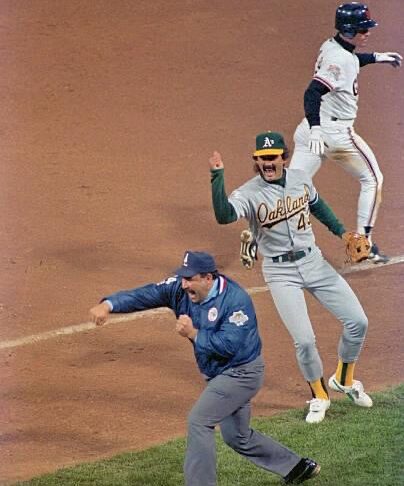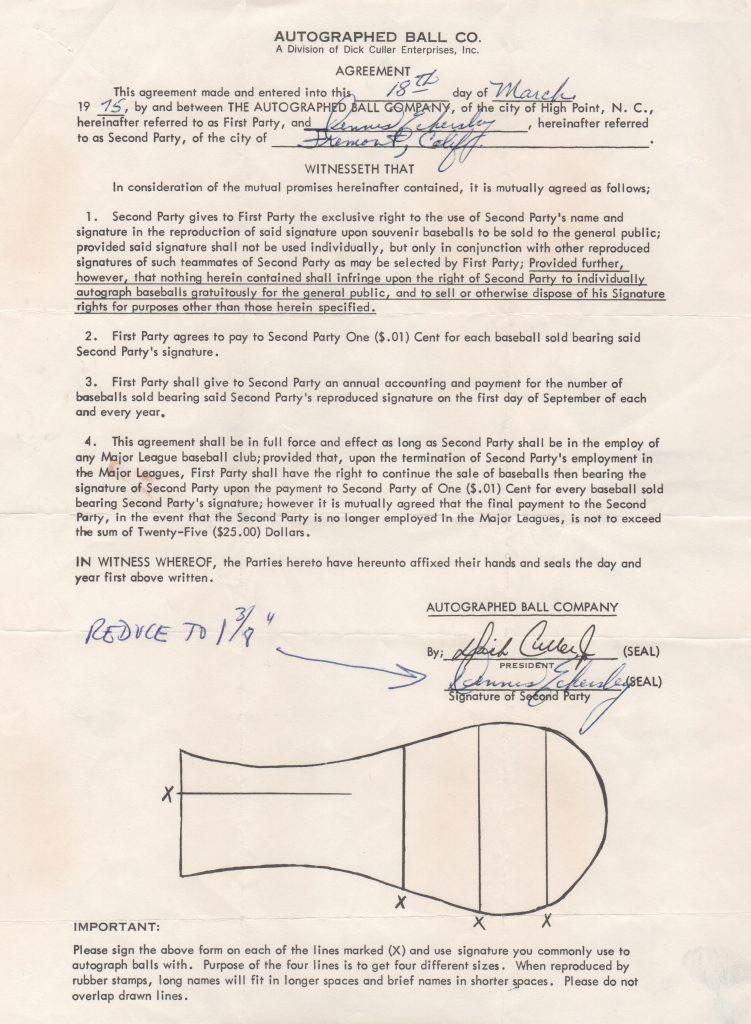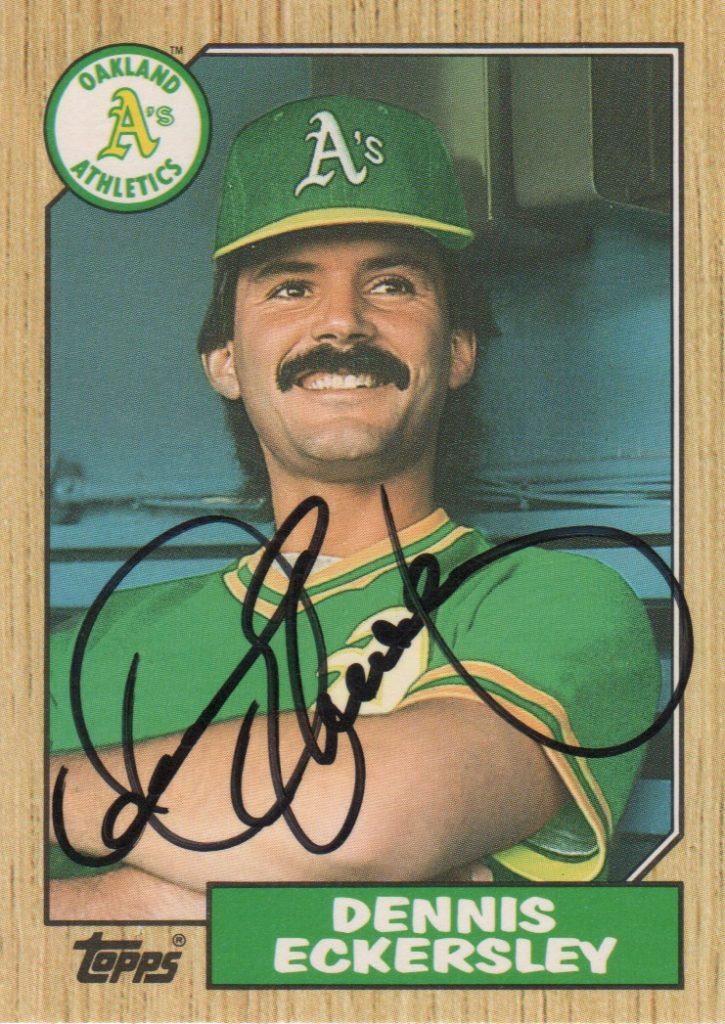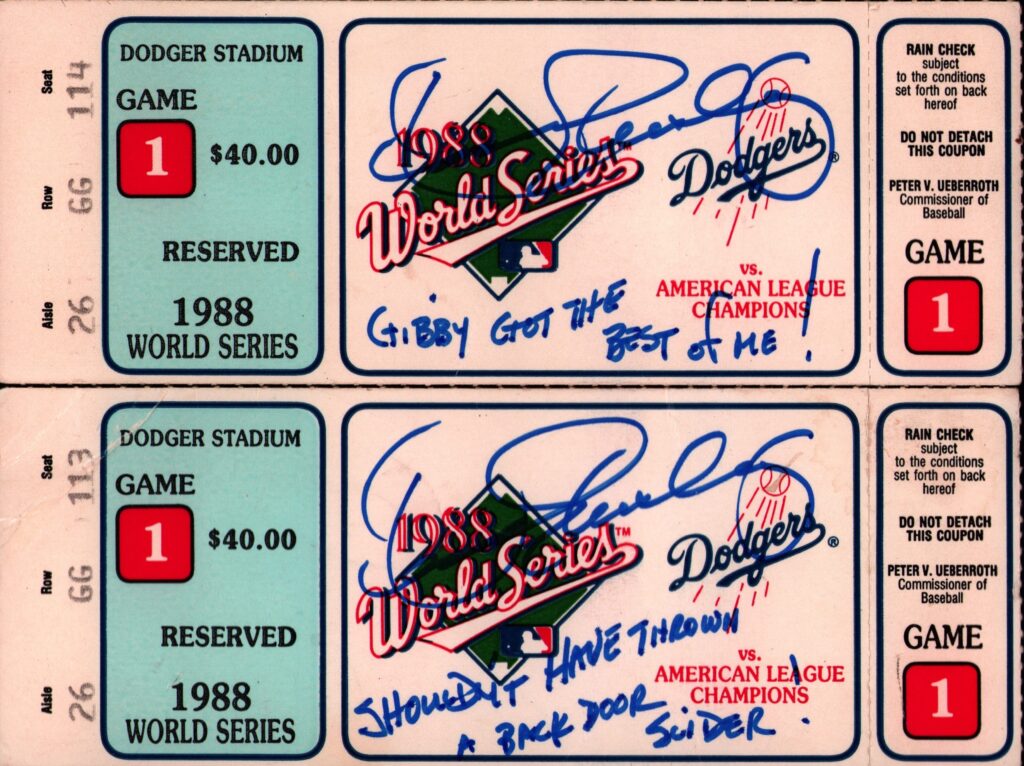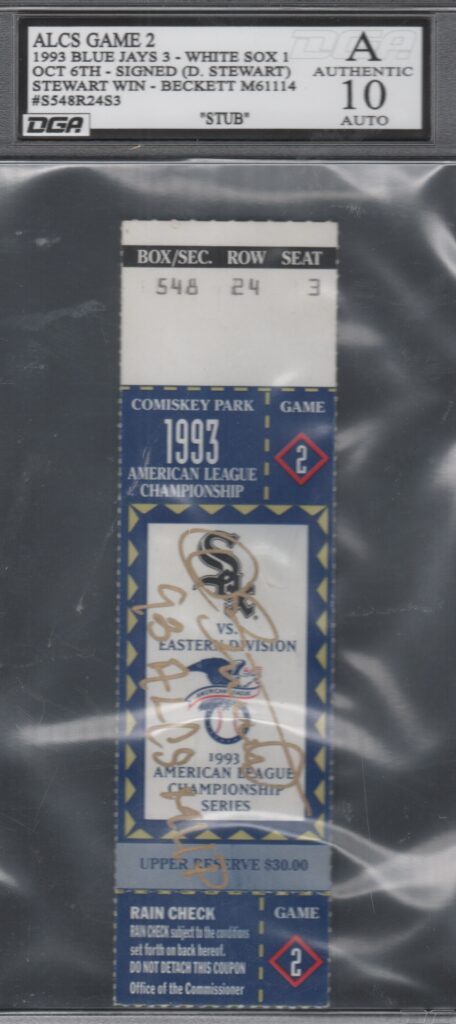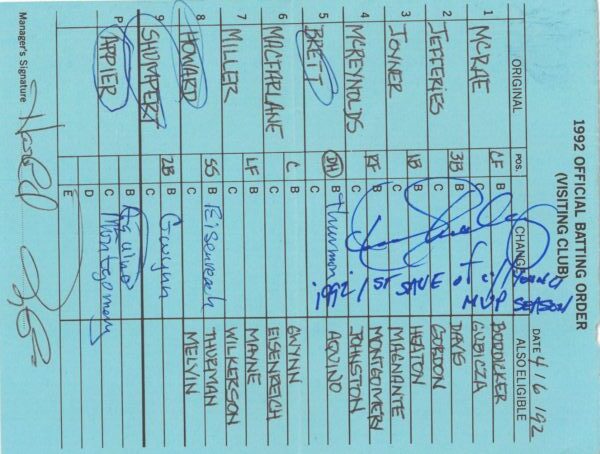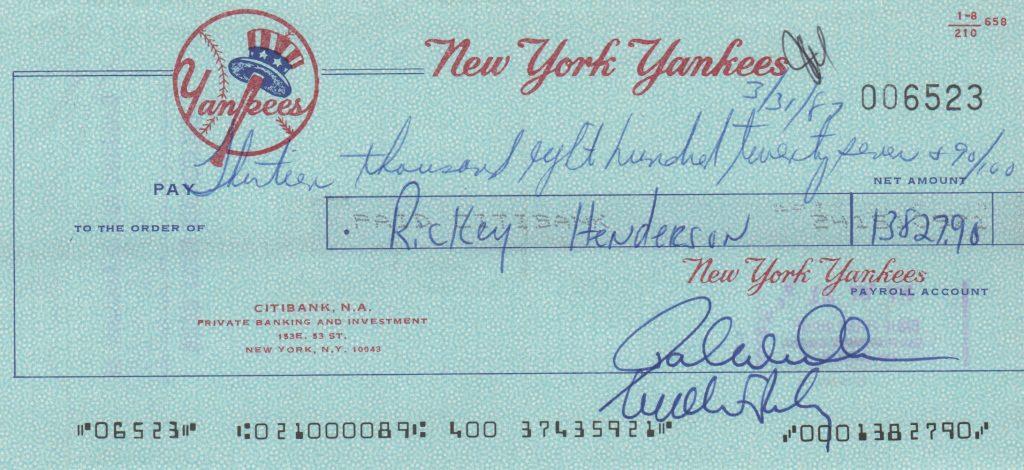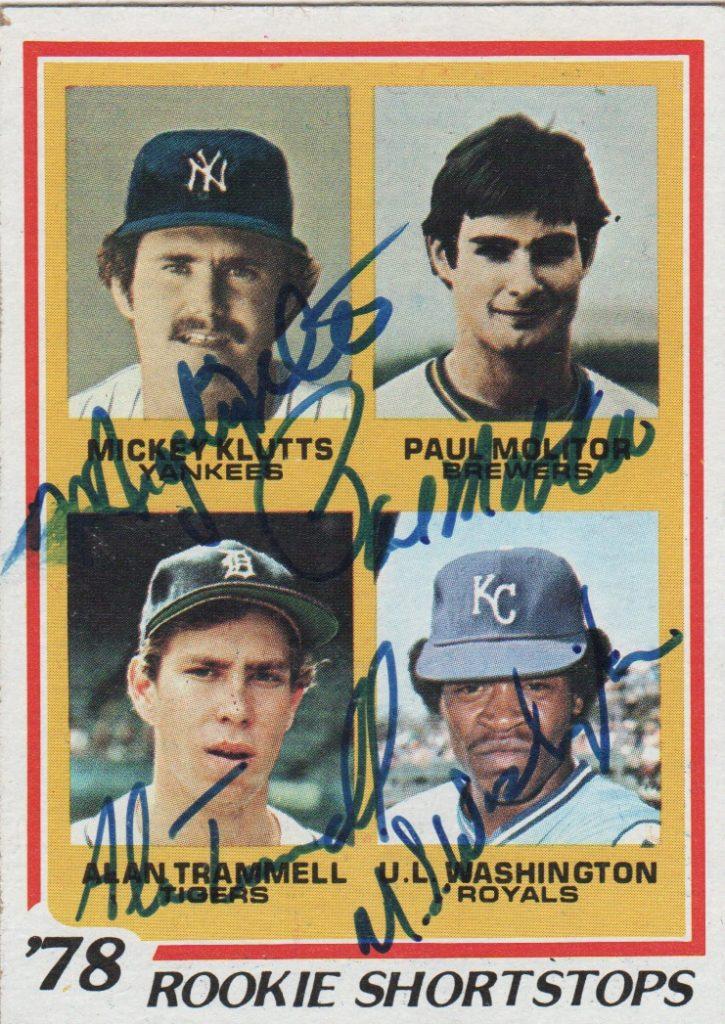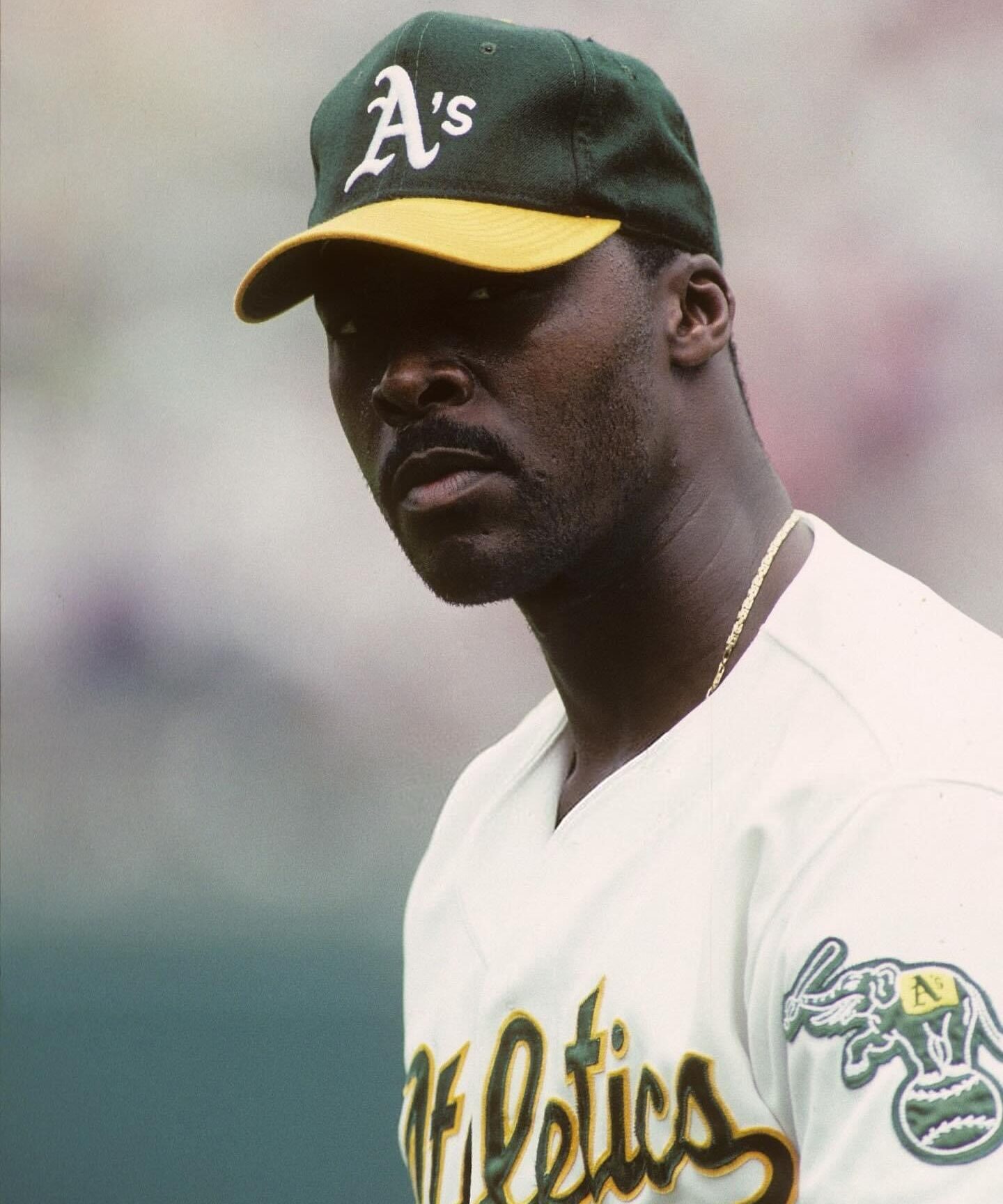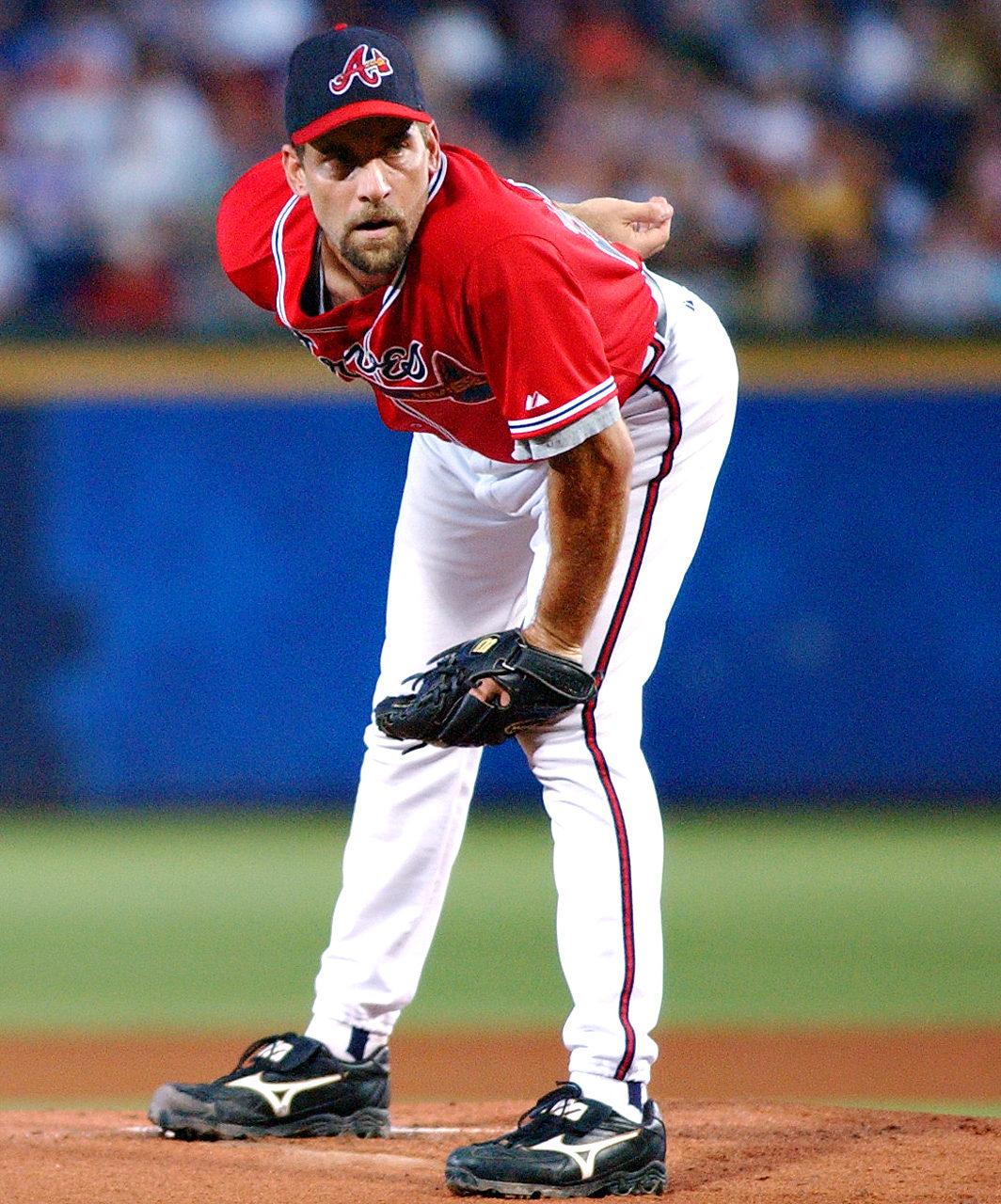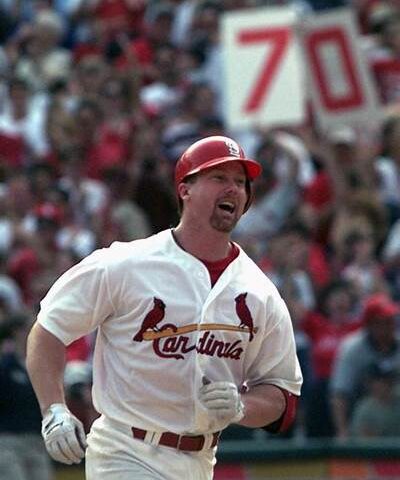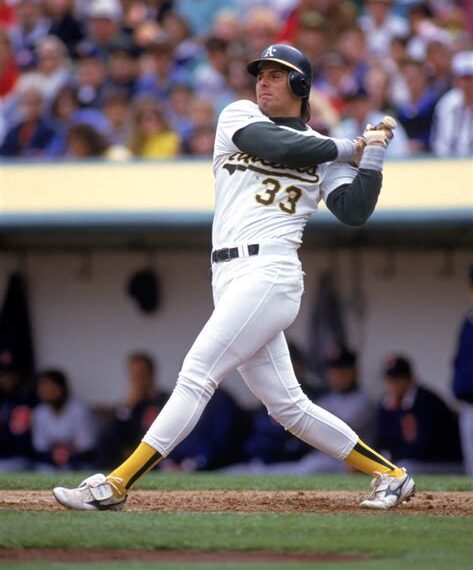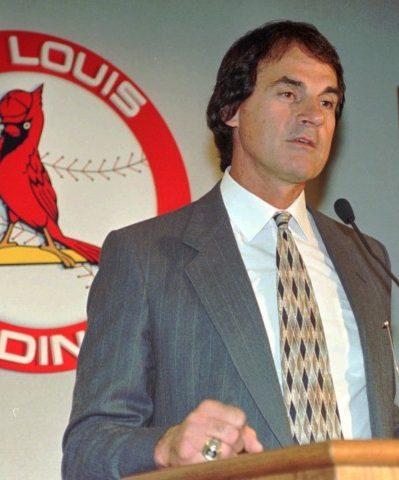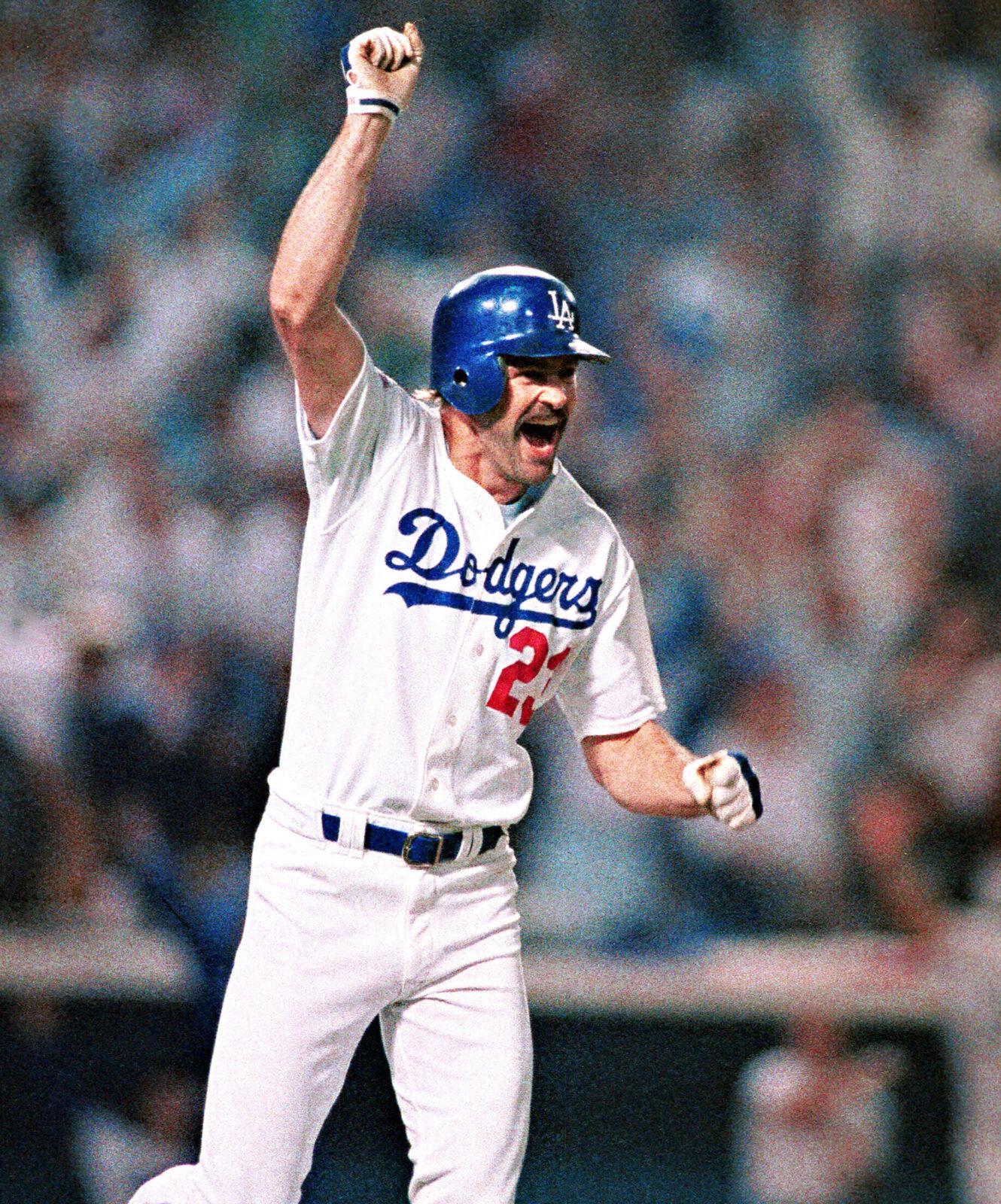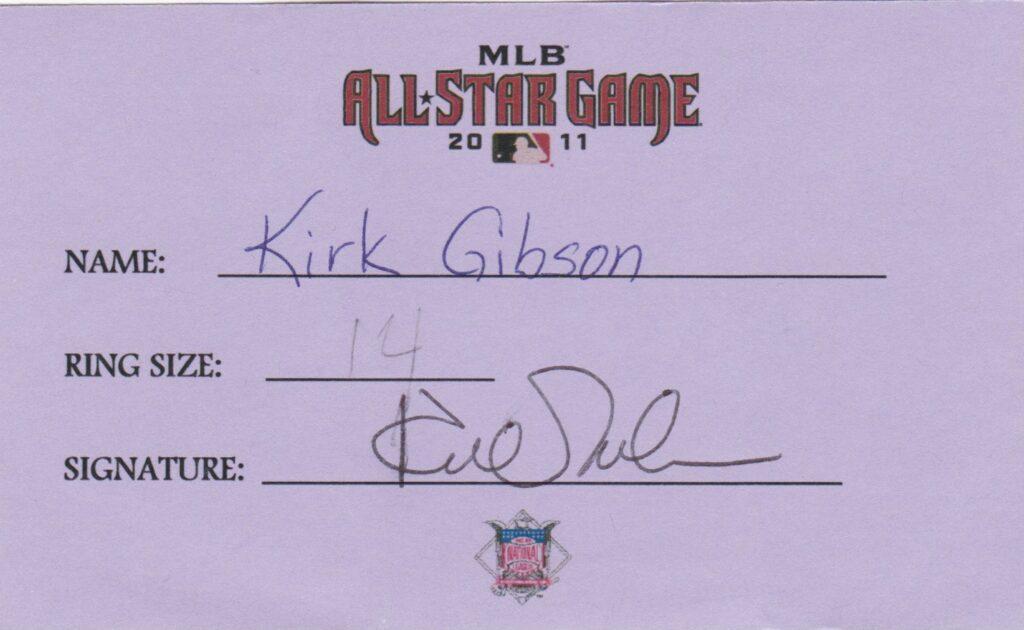
The 1988 Oakland Athletics won 104 games to claim the American League Western Division title. In the ALCS, they manhandled the Eastern Division champion Boston Red Sox in a four-game sweep.
Meanwhile in the NL, the Dodgers faced off against the Mets in the Championship Series. New York had dominated Los Angeles in the regular season by winning 10 of 11 games.
In the NLCS, the 100-win Mets had every reason to feel confident. Instead the underdog Dodgers came away with an unlikely triumph in the seven-game Series.
The rested A’s entered the World Series heavily favored over Los Angeles. Their Game 1 matchup went down as one of the most memorable in Fall Classic history. It set the tone for a Dodger victory.
In the first inning Mickey Hatcher’s two-run homer off of Dave Stewart staked the Dodgers to a 2-0 lead. The A’s answered in their next time at bat with a Jose Canseco grand slam.
The Dodgers cut the lead to 4-3 in the 6th thanks to a Mike Scioscia RBI single. Oakland held the lead into the 9th, just three outs away from a Series-opening road victory.
In the final frame Mike Davis drew a two-out walk off of closer Dennis Eckersley. Dodger skipper Tommy Lasorda sent up the injured Kirk Gibson to pinch hit for pitcher Alejandro Pena.
The ’88 NL MVP, the hobbled Gibson was not even on the field for the pre-game introductions. Working with two bad legs, his swing was be limited to the strength in his arms.
When Gibson was announced, the 55,983 on-hand rose to their feet to cheer their hero. Eck went right after Gibson, quickly getting ahead in a no-ball-two-strike count.
Fouling off pitch after pitch, Gibson worked the count full. On Eckersley’s 3-2 pitch, the gimpy Gibson hit the ball out of the ballpark to cap another yet unlikely victory.
After Gibson finished circling the bases, Dodger announcer Vin Scully summed it up perfectly. “In a season that has been so improbable, the impossible has happened!”
Behind the momentum, the Dodger vanquished the A’s 4-games-to-one to earn their second title of the decade.
Gibson enjoyed a 17-year big league career dotted with outstanding moments. Named the 1988 NL Most Valuable Player, Gibson remains the only player to earn the MVP Award yet never appear in an All Star game.
Fifteen years after retiring as a player, Gibson became manager of the Arizona Diamondbacks. The following season he was chosen as a coach for the All Star game. In the collection is this document signed by Kirk Gibson for receipt of his first and only All Star ring from the 2011 Midsummer Classic.
